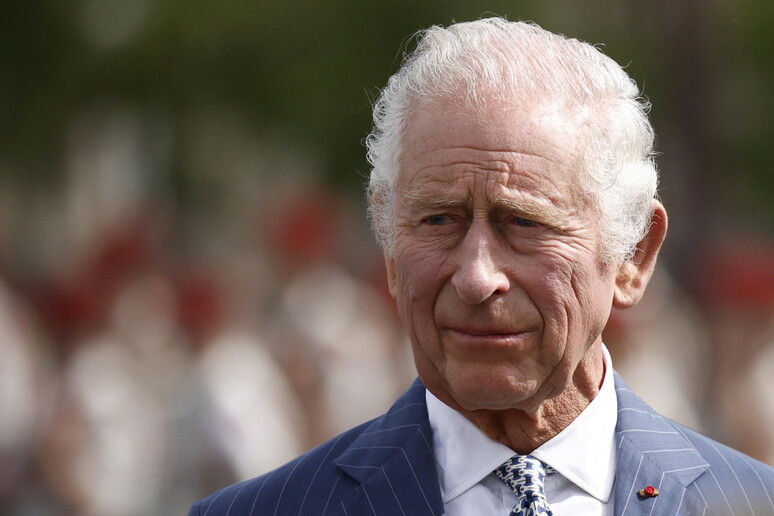On Monday, King Charles and Queen Camilla landed in Ottawa at the invitation of Canadian Prime Minister Mark Carney, where they were greeted by hundreds of people. Today, the British ruler will inaugurate the new local parliament.
Carney, former governor of the Bank of England, invited the king earlier this month, just days after leading the Liberal Party to victory in the federal election.
Without explicitly saying so, the newly appointed prime minister hinted that the unusual move to have the monarch inaugurate Parliament was taken to once again emphasize Canada’s distinct heritage from that of the United States, after Trump has repeatedly said he wants to make the North American country the 51st state of the U.S.
When Canada was formed in 1867, it maintained many ties with Britain, including the adoption of the monarch as its sovereign and head of state. However, in 1947 the monarch’s duties were largely delegated to a governor-general, a role currently held by Mary Simon. One of the duties of the governor-general is to open new sessions of Parliament with the reading of the “the speech from the throne.”
King Charles will become the first sovereign to deliver the speech since Elizabeth II in 1977, although in reality the text will be drafted by the prime minister’s office. The British monarch will outline the government’s legislative plans. It is expected that during the speech there will be at least one reference to Canada’s sovereignty.
Because parliamentary tradition prevents the monarch from entering the House of Commons, the speech will be read in the Senate, Canada’s version of the House of Lords.
Today’s is only the latest diplomatic “mission” undertaken by the king in recent months. In February, the monarch wrote a letter to Trump inviting him to visit Britain. Less than a week later, Charles welcomed Volodymyr Zelensky, fresh from a very tough meeting/clash with the U.S. leader at the Oval Office, to his Sandringham estate. The day after meeting the Ukrainian president, the king hosted Justin Trudeau, the former Canadian prime minister.
Until the death of Queen Elizabeth II, Charles had never enjoyed great popularity in North America, in part because of his divorce from Princess Diana. Things then gradually changed with his accession to the throne. Nevertheless, a poll released Monday by the Angus Reid Institute found that 83 percent of respondents said they felt indifferent toward the visit of the British royals. The monarchy provokes mixed reactions within indigenous communities and has long been deeply unpopular among many French-speaking residents of Quebec. The same is true for those who moved to Canada from Asia, where the British Crown is still a symbol of oppression.












